Training Components
MathQuantum training aims to provide undergrads, grad students, and postdocs the knowledge and skills needed to apply Mathematics toward QIS research problems. Our training program aims to provide depth and breadth in foundational Math and QIS knowledge plus hands-on skills. In addition, our training extends beyond traditional educational experiences through robust mentoring support, community building, professional development experiences, exposure to societal impacts of QIS, and proposal development training.
Two main groups are ideal candidates for our training program: (a) current Math students with no or little experience in quantum, who want to enter QIS and (b) current students with moderate or high experience in QIS who want to advance their QIS work with stronger Math skills. The goal is to enable crossover between Math and QIS, so our program aims to fill any skills and knowledge gaps. Training components are divided into: Mentoring, Education, Professional Experience, and Community-Building. Learn more about all components below.
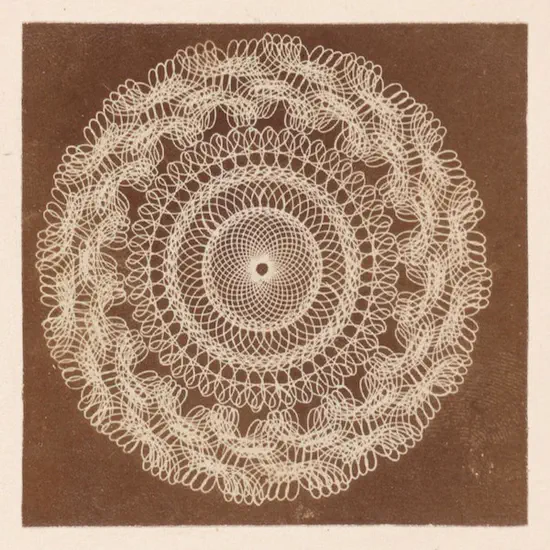
Fall QIS Theory Course
Fall
3-credit course covering the mathematical principles needed to pursue QIS research.
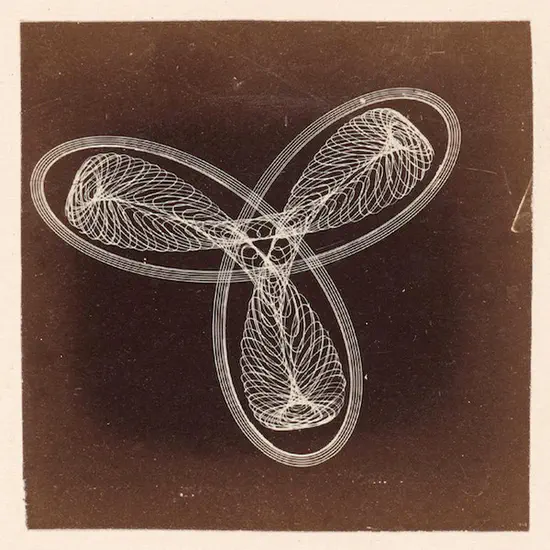
Grad-Led Event
Fall
An event imagined and organized by MathQuantum graduate fellows with assistance from the RTG community. Topics and format vary.
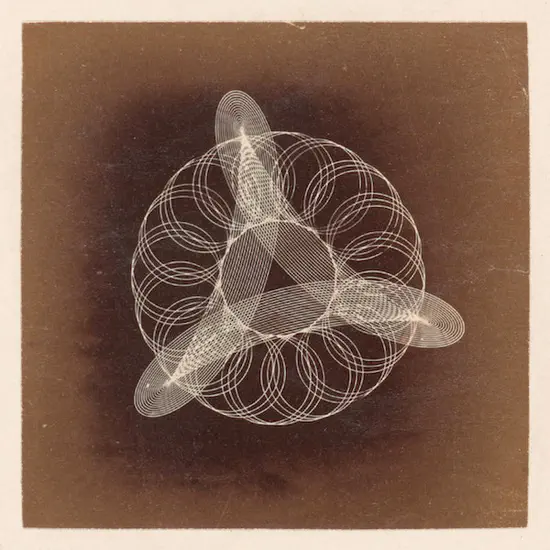
Internships
Year-long
Optional research internships with our industry or government partners.
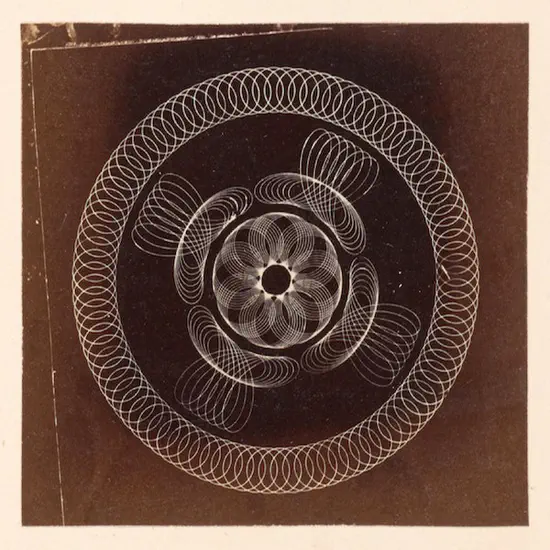
Maryland Day Activity
Spring
Yearly participation at Maryland Day to bring Math and QIS concepts to the general public through games and activities.
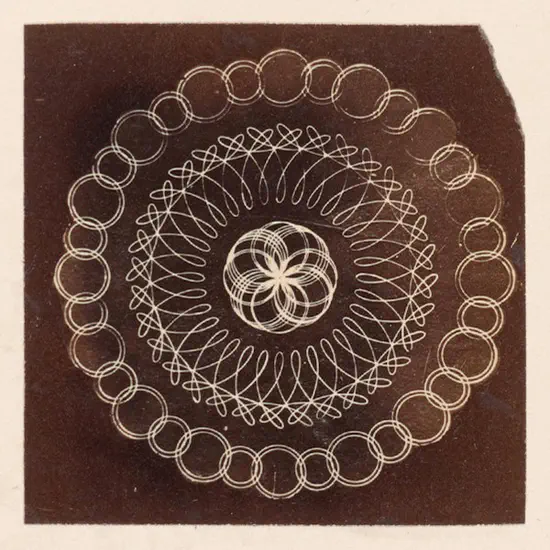
MathQuantum Annual Symposium
Spring
Half-day event where the MathQuantum community shares their research progress.
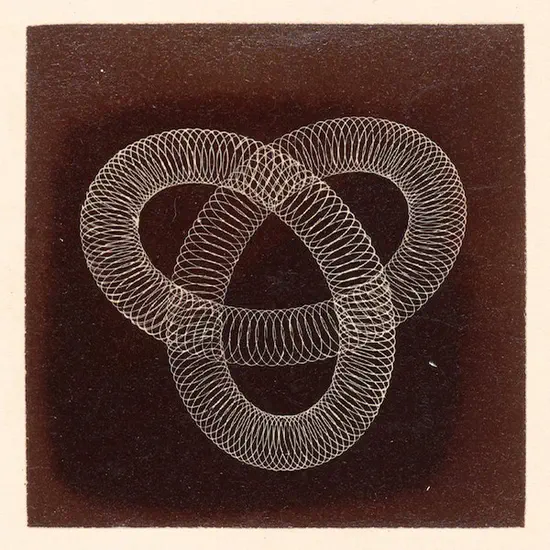
Mentoring Junior Fellows
Year-long
Advanced fellows mentor junior fellows in research.
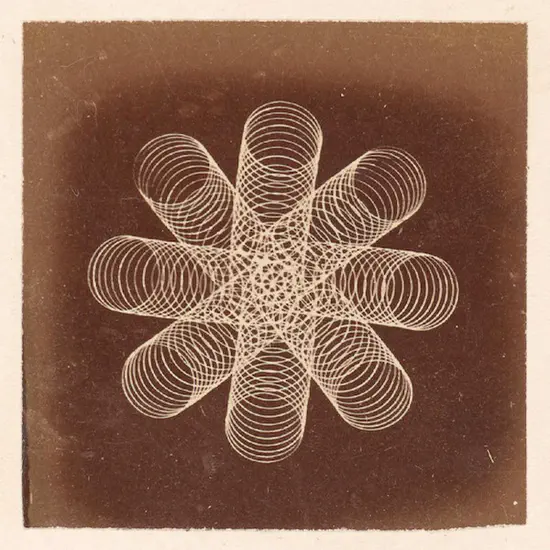
One-on-One Mentoring
Year-long
Each fellow has access to one-on-one career, professional, and research mentoring.
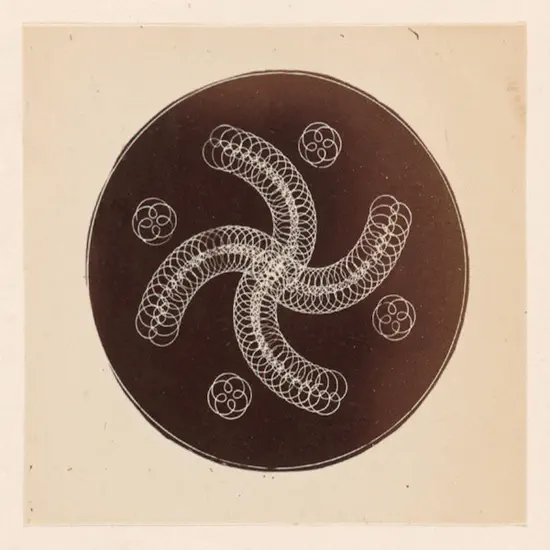
Peer Mentoring Teams
Year-long
Fellows mentor each other to develop connections and apply their expertise.
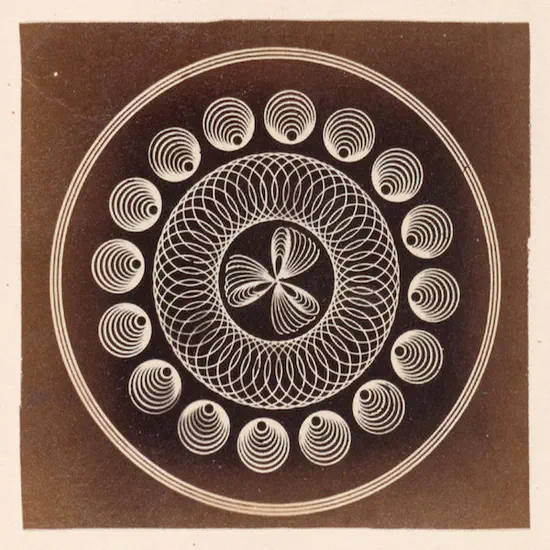
Professional Development Workshops
Year-long
One professional development workshop per month is offered to all Fellows.
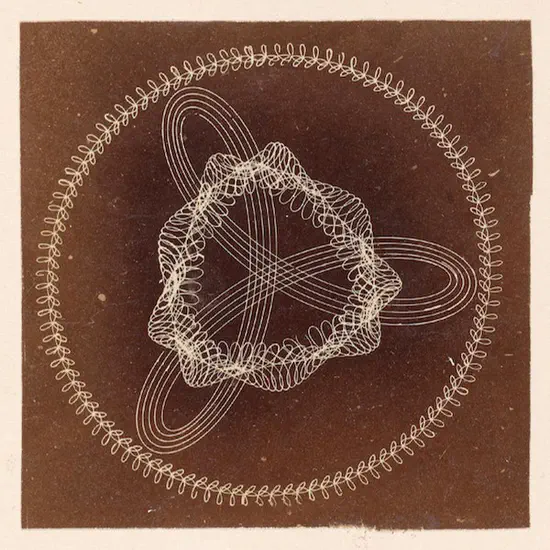
Research Interaction Teams (RITs)
Fall Spring
Weekly seminars to discuss current research in Math and QIS.
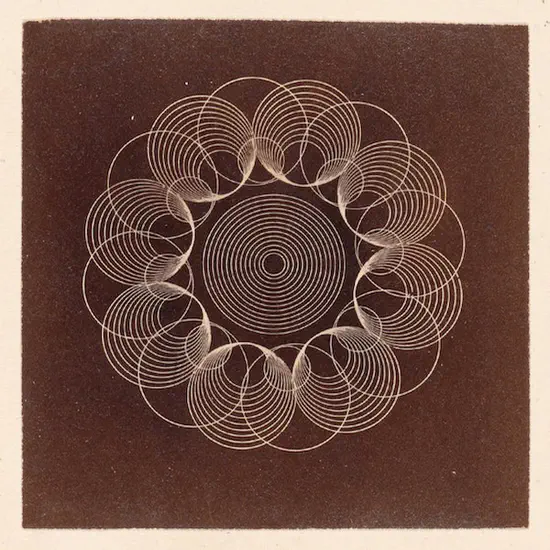
RTG Groups Meetings
Year-long
Informal meeting for all RTG community to share their progress and provide input.
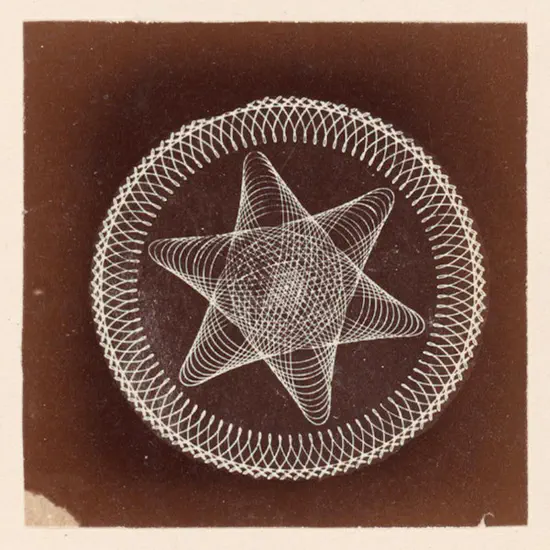
Spring Applications Course
Spring
3-credit course to explore the applications of QIS theory principles.
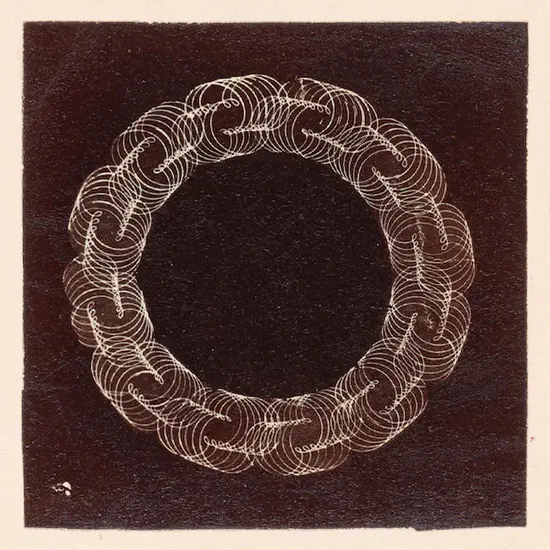
Summer Proposal Writing School
Summer
With close guidance, Fellows learn how to write proposals, identify a real proposal to apply to, and write a draft.
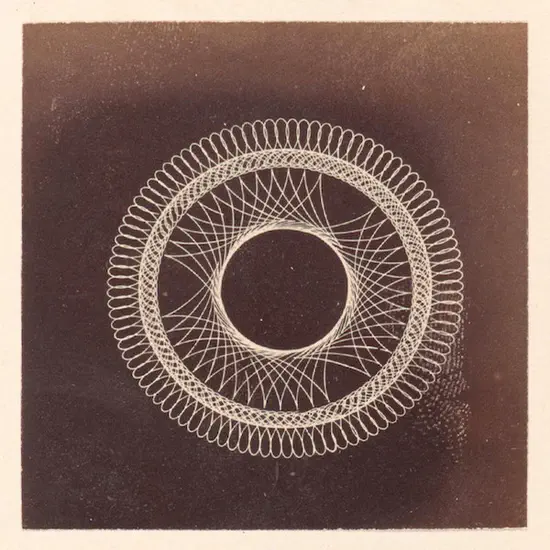
Teaching Requirements
Year-long
Fellows are expected to engage in teaching activities.
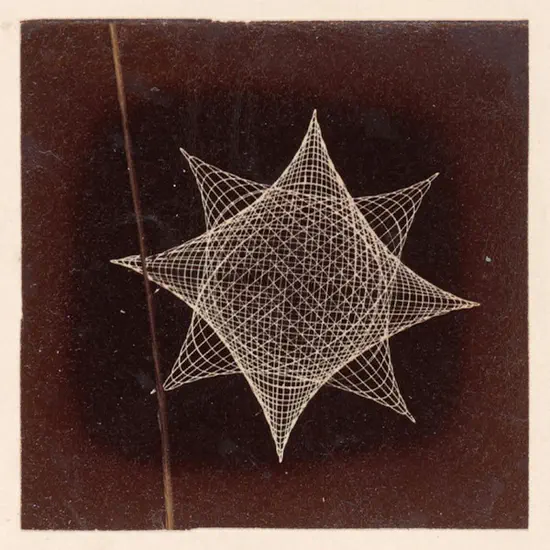
Vertically Integrated Projects Workshop
Spring
Workshop for the MathQuantum community to come up with research project ideas together.
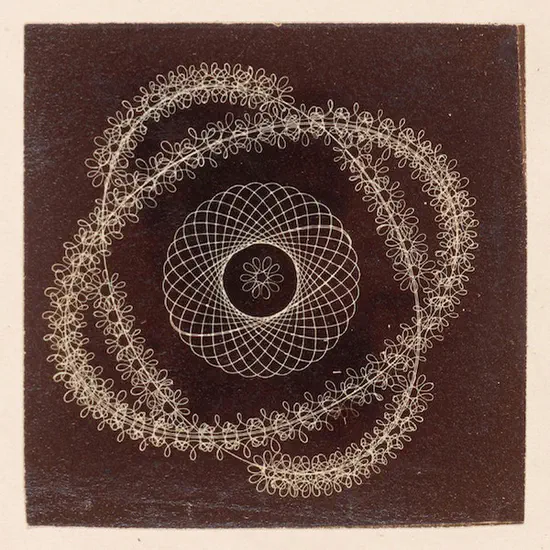
Winter Broader Impacts Workshop
Winter
1-week workshop to explore the societal impact of QIS and Fellows’ own interests in outreach.